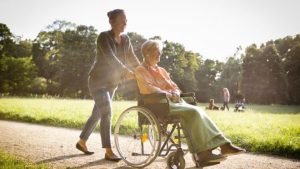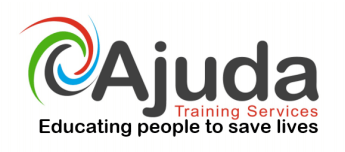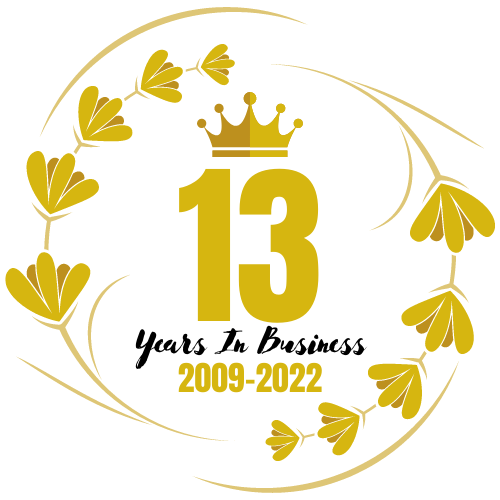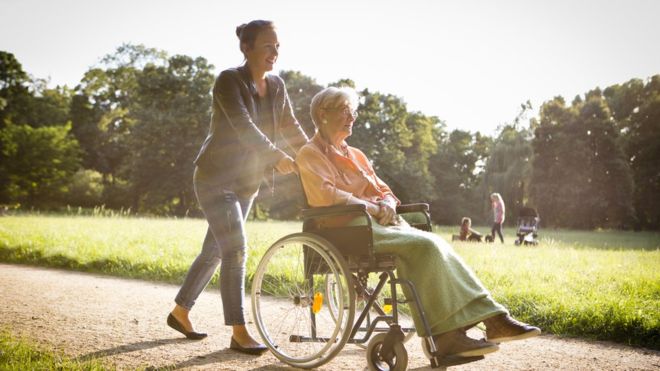
Although we all love the warm weather, after a few days of non-stop stuffiness and sweating, it can become uncomfortable, and even more so for elderly people.
In times of extreme heat, it’s important to check in on your elderly family, friends and neighbours regularly to make sure they are safe and well. As we age, our bodies find it more difficult to adjust to changes in condition, this along with other age-related illnesses and various medications can affect our ability to cool down. During heatwaves, we often see an increase of heat related illnesses and even heat-related deaths if it becomes too extreme.
If you are caring for an elderly person this summer, take a look at our blog to refresh yourself on some of the ways you can prevent the heat from making them unwell and spot any issues early on.
Tips for keeping cool.
- The hottest time of the day is between 11am – 3pm, so advise them to avoid spending time outside during this period
- Encourage them to drink cold drinks regularly. Make sure the fridge is stocked up with plenty of fluids.
- Suggest they avoid much physical activity unless necessary, but if they would like to keep active or go outside encourage this to be done in the evening.
- In extreme heat, windows and blinds can be closed to keep a room cool
- Loose and cool clothing will help to avoid overheating
- If they are uncomfortable, having a cool bath or shower can help
- Discourage drinking caffeine and alcohol as these can cause dehydration
Signs of Overheating
- Breathlessness
- Sudden dizziness
- Chest Pain
- Confusion
- Cramps
- Fatigue
- Cold, clammy skin
- Headache
- Thirst
To treat the initial signs of overheating, the tips above such as a cool area, cold bath and rehydration should be followed to attempt to naturally cool the person down. If not treated, overheating can turn to heatstroke.
Heatstroke Symptoms
- Fainting or feeling faint
- High body temperature
- Strong, rapid pulse or slow, weak pulse
- Behavioural changes
- Staggering
- Lack of sweating in extreme heat
- Dry Skin
- Confusion
- Coma
If you notice any of the above symptoms, call the emergency services immediately for help as there are medical measures that can be taken to relieve the symptoms of heatstroke.
If you would like to refresh your knowledge on some key topics surrounding elderly care, Ajuda have a variety of online Health & Social Care courses to develop awareness of Strokes, Diabetes, Dementia and Mental Health. Along with this we also cover topics such as Duty of Care, Fire Safety, End of Life Care and Safe Handling of Medicines.
These courses are a quick and inexpensive way to refresh your knowledge on key caring topics, and ensure you are prepared to save lives in any situation. They can be done at your own pace, from the comfort of your home.
If you would like to know more about enrolling onto any of our online courses, please contact the office today.


